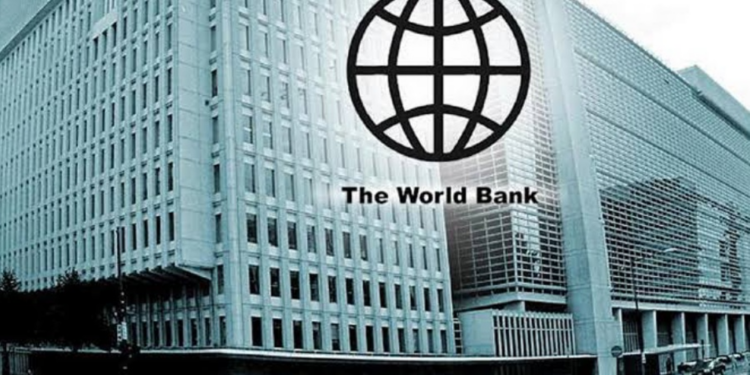The World Bank has warned that an increase in conflict in the Middle East could potentially worsen the food insecurity in Nigeria and other countries in the Sub-Saharan Africa region.
The bank noted this in its Global Economic Prospect report where it projected an outlook for the world’s economy in 2024.
According to the bank, political instability and violence together with disruptions in global trade especially in the Middle East portends huge risk for the region with regards to food insecurity.
The report noted that an oil price increase as a result of conflict would lead to increased transport and logistics costs which could disrupt supply chains and worsen the already high food inflation witnessed in Nigeria and other countries in the region.
It states,
- “An escalation of the conflict in the Middle East could acerbate the situation in SSA in terms of food insecurity”
- “A conflict-induced sustained oil price spike would not only raise food prices by increasing production and transportation costs but could also disrupt supply chains, leading to less affordable food and an uptick in malnutrition rates in the region.”
The bank also warned that the Sub-Saharan Africa region remains susceptible to extreme weather events like floods, droughts etc linked to climate change could lead to an increase in food inflation as the majority of the region’s farmers practice subsistence agriculture.
What you should know
- In October, the Food and Agricultural Organisation (FAO) warned that around 26.5 million Nigerians are at risk of hunger in 2024. Already, food inflation has blown over the roof in Nigeria. According to the NBS, Nigeria’s food inflation for November stood at 32.84%.
- According to the United Nations (UN), around 78% of Africans cannot afford a healthy diet since the 2020 COVID-19 pandemic in a report titled Africa Regional Overview of Food Security and Nutrition. It noted that Africa is not on track to achieve its food security targets of 2030.
- The Israeli/Palestine conflict in Gaza has the potential of destabilizing the Middle East and derailing global supply chains. In December, Houthi rebels in Yemen began attacking ships with Israeli ownership or destined for Israeli ports. The attacks could potentially affect up to 10% of global trade and increase freight time, cost and insurance which does not augur well from a consumer standpoint.






















Your keen observation of food security issues for Africans is absolutely right and timely due to hyper inflation mainly because of fuel subsidy removal and weakening of Naira value by top leaders and off course rampant corruption culture amongst politicians and top leaders? Negative effects of covid19,Russia Ukraine wars plus Isarel Palestine conflicts added fuel to fire.